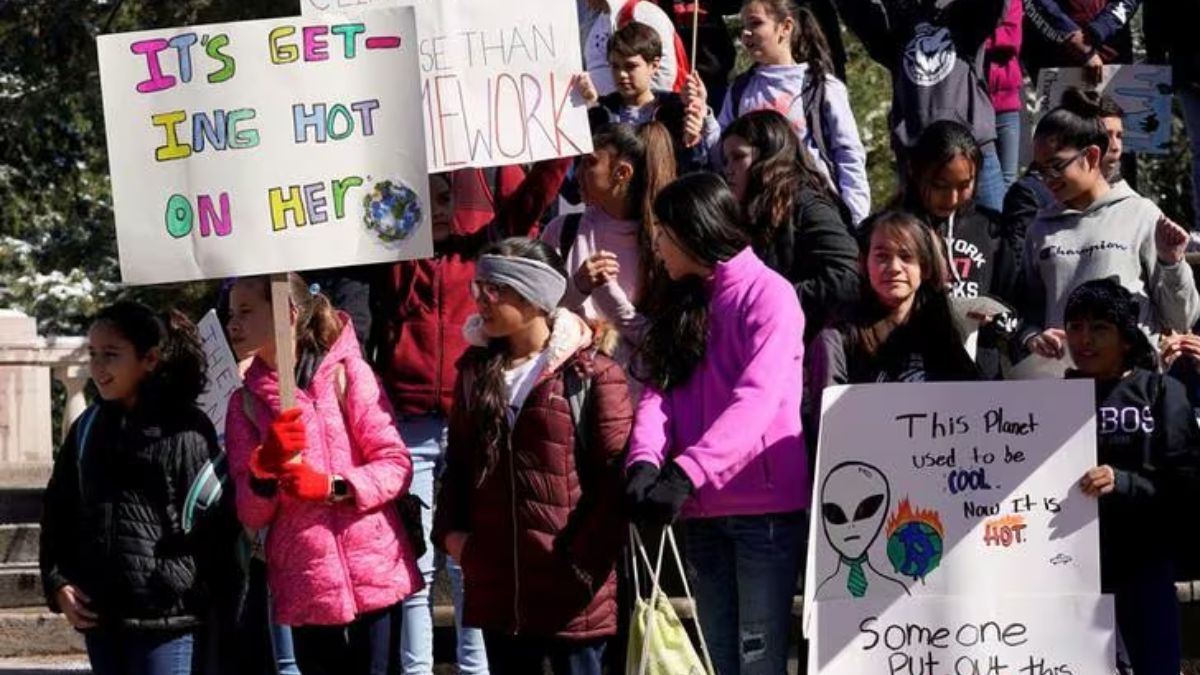Young climate activists from Oregon have petitioned the U.S. Supreme Court to revive their significant lawsuit against the federal government, which argues that they have a constitutional right to a climate that sustains life. The petition, filed on Thursday, challenges a recent ruling by a federal appeals court that dismissed the case, and seeks to have it reinstated for a trial in Oregon’s federal court.
The lawsuit, initially filed in 2015, involves 21 young plaintiffs aged between 8 and 18 at the time. They argue that the federal government’s environmental policies violate their constitutional rights to a livable climate. The case has faced multiple challenges from successive administrations—Obama, Trump, and Biden—each of which contended that the lawsuit improperly seeks to influence federal environmental and energy policies through the judiciary rather than the political process.
At the request of the Biden administration, a three-judge panel of the 9th U.S. Circuit Court of Appeals ordered U.S. District Judge Ann Aiken in Eugene, Oregon, to dismiss the lawsuit in May. The child plaintiffs and their supporters contend that this decision is an example of the Ninth Circuit’s “overreach” and compromises the legal system, with Julia Olson of Our Children’s Trust leading the charge. They stress that, regardless of the case’s merits, overturning this ruling is essential to preserving public confidence in the legal system.
The Supreme Court petition follows another significant victory for young climate activists earlier this year. The Montana Supreme Court upheld a landmark ruling requiring regulators to consider the impact of greenhouse gas emissions before granting permits for fossil fuel development. This case, also filed by Our Children’s Trust, underscores the growing influence of climate lawsuits brought by young plaintiffs.
Since 2010, Our Children’s Trust has led the charge in US climate lawsuits on behalf of youth, promoting the legal acknowledgement of their entitlement to a stable environment. The group’s efforts are still influencing environmental law precedents and raising public awareness of climate justice.
As the U.S. Supreme Court considers the petition to revive the climate lawsuit, the outcome could have far-reaching implications for environmental law and the role of the judiciary in addressing climate change. The case highlights the ongoing struggle between environmental advocacy and federal policy, reflecting the urgency and complexity of climate issues in the legal arena.


